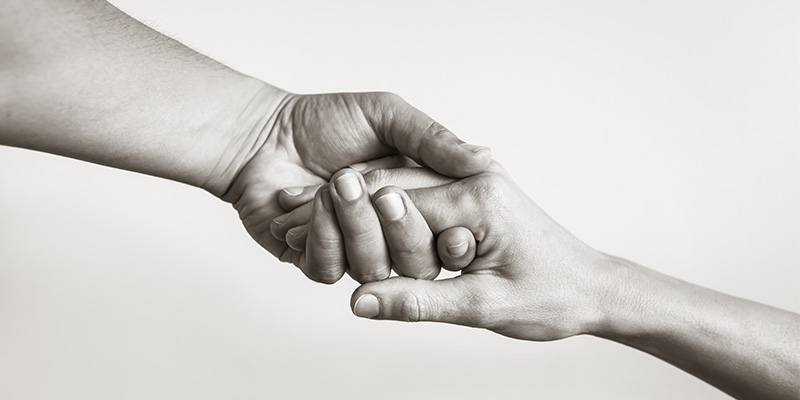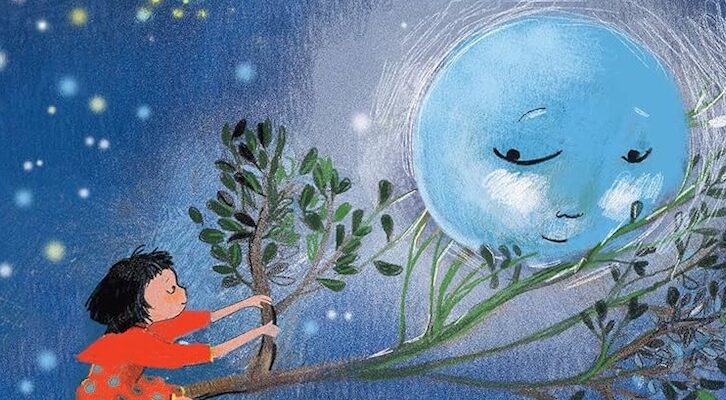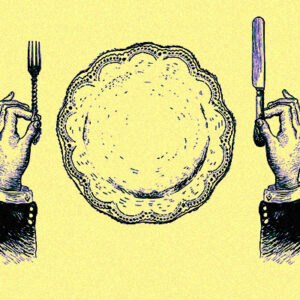Second life is a term many shooting survivors use to illustrate the ripple effects or the aftermath of gun violence. This means there is no going back. The life that existed prior to trauma fades as a new one slowly emerges, unfolding with each new day. Hearing their stories of healing, forgiveness, and resilience gave me hope that one day I’d be free from my own trauma, and my body might someday learn to live beyond fear, anger, and distress.
My empathy connected me to survivors on a deeper level. During interviews, I quickly learned the most intimate details of their lives, shortly after learning their names. The subject of our conversations immediately took me from stranger to secret keeper and often elevated the relationship to something that felt more like friendship. But as my desire to know more about their grief deepened, so did theirs.
When I began working with Joe Samaha, whose daughter, Reema, was murdered at Virginia Tech in 2007, I was pregnant with my own daughter, Lily, the first for me and my husband.
As Joe and I spoke, I became flooded by guilt. His daughter’s life had ended, and my daughter’s life was about to begin.
Joe spoke of Reema as if she were still alive. You are a beautiful dancer, he would pause to tell her. And other whispers like This is not the end of our journey. It’s just the beginning. Married to his wife, Mona, in 1982, the couple had three children: Omar, Randa, and Reema. Since the Virginia Tech tragedy, Joe and Mona have established scholarships and funds, including the Angel Fund, in memory of Reema. She’s always been my angel, he says.
My father and I had been falling away from each other for years. When I was a little girl, he’d watch me and my sister while my mom worked nights in Passaic. He used to make us popcorn and I’d love watching him pour the kernels into the hot stockpot wide-eyed as the popped corn overflowed onto the stove. He was creative too, making stair sleds as he called them (a sheet of wax paper taped underneath a bath towel). He’d send me down, the carpet slick from wax and I’d scream and giggle, looking back as he cheered me on.
As Joe and I spoke, I became flooded by guilt. His daughter’s life had ended, and my daughter’s life was about to begin.Though, most days I hid from him, fearing I’d push one of his many buttons. Everything had to be in its place, even me. I couldn’t talk to him because I was afraid of saying something wrong. Anything could be a trigger: chipped paint on the wall, an unexpected bill, a towel not folded correctly.
When I was seven years old, he blamed me for a leak in the ceiling. He asked Were you so fat that you needed to move the showerhead to wash yourself down after I said not to! As a punishment, he kept me in my room for three days, sliding me meals under the door like I was a prisoner. One night I met him on my way to the bathroom. We stood nose to nose, the vein in his neck pulsed, his breath was hot and his face unshaved. “I am a mongoose, and you are a snake,” he said. I didn’t know then that better fathers existed, I only knew the kind of father I had.
Two days before Reema’s death in 2007, Joe told me she performed for the Contemporary Dance Ensemble at Virginia Tech.
“She was beautiful,” he told me, “Inside and out.”
A few hours after our interview, Joe emailed me photos of Reema. I sobbed as I studied them. In one image, Reema is dancing. She floats out of the blackness, Joe’s angel in a white skater dress, her long arms, and legs spread out like wings over the glossy stage. And in another, a family vacation photo, she stands with her brother, sister, and her parents. In this one, her long brown wavy hair drapes over her shoulders. She’s wearing a jean skirt paired with a white graphic t-shirt. She looks happy. So does Joe. They are smiling as bright as a rainbow, arms around each other’s waists. They look like they’ve never had a fight.
My therapist cautioned me before I took on this project, saying, “the intersection of grief between you and your subjects is inevitable. You will be open to each other’s suffering.” I was prepared for second-hand suffering, but I wasn’t expecting longing. At 39, I desired the kind of fatherly love I’d never had, the kind of love Joe could no longer show his daughter.
Joe once asked how I got into this kind of work.
His soft, tender voice made me feel less nervous, open, even trusting. He seemed like the kind of father Reema could have told anything to. “I started having more interest in trauma after I was raped at 22.”
There was once a time when I couldn’t say rape without a heaving heart and sweaty palms, but now I find comfort in its truth.
It wasn’t until years after my rape that I realized I made it. I’m still here. And I wasn’t going to be silent. I was going to talk about what happened to me. I was going to share my story even if no one cared to listen. I was remaking my place in the world, retaliating against the boundary my suffering had imposed on me.
Both of us breathed a heavy sigh.
“Did you tell your parents?” Joe asked.
My anxiety started to rise so I went quiet. This was something I learned as a little girl. It was better to be silent than worry about saying the wrong thing.
Before my rape, I was just a normal girl in my twenties living up those wild nights in New York City. Leaving my apartment in Montclair, New Jersey to catch the 11 pm train so I could headbang to the live bands at Otto’s Shrunken Head and take the L train across town to Brooklyn to meet up with friends. I’d travel back to Montclair alone in the very early hours of the morning. I felt untouchable. Nothing like this could ever happen to me.
But after my rape, I was scared hopeless, my mind filled with suicidal ideations.
I never told my father I was raped. “I only told my mother and my sister.”
“Why not your father?” he inquired.
I believed my father would blame me for what happened, it was what he’d always done.
“I think you should tell him,” Joe said. “Even if it hurts.”
I stayed awake many nights thinking of those pictures of Joe and Reema, wishing I could share that kind of smile with my father, wondering if it was possible to learn to love him while he was still alive.
There are many fathers willing to shoulder the weight of a daughter’s pain. Once I knew this, I craved it.
I thought about Joe, about Reema, about my father, imagining a quiet conversation about our pain, a coming together of our most heinous memories. I realized this whole time I’d been wanting a father I can’t have. That my father is not Joe. He would never be. And that’s OK.
Now I know those kinds of fathers abound in unexpected places. They are vivid like a dream, come out of nowhere like remembering a word once forgotten. There is no one father, but many, a community of them here, ready, and willing to listen to a daughter’s secret pain.
My father and I recently spoke for the first time in seven months. I didn’t tell him about the acts of violence against me. I didn’t share my rage and anger about the abuse I endured as a child. Instead, we planned a visit.
Will you bring Lily, he messaged me, hoping to meet his granddaughter.
Even though I wanted to keep her from him, protect her from his mistakes. She has a right to know her grandfather. I wrote back, I will.
This is what Joe did for me. He returned my hope.
I’m not sure what the future will bring for my father and me, or for that matter, what it will bring for my own daughter. Maybe my father will be a better man to Lily than he was to me. Or maybe her own father will be enough.
We can never go back to what we were: the mongoose and the snake. But my father and I have the chance to be a family despite the weight of our shared trauma. And it’s in this exchange of hope that makes what we lost, found. Even if it’s a future unknown, a life second to the one I’ve lived. I have to take that chance.




















